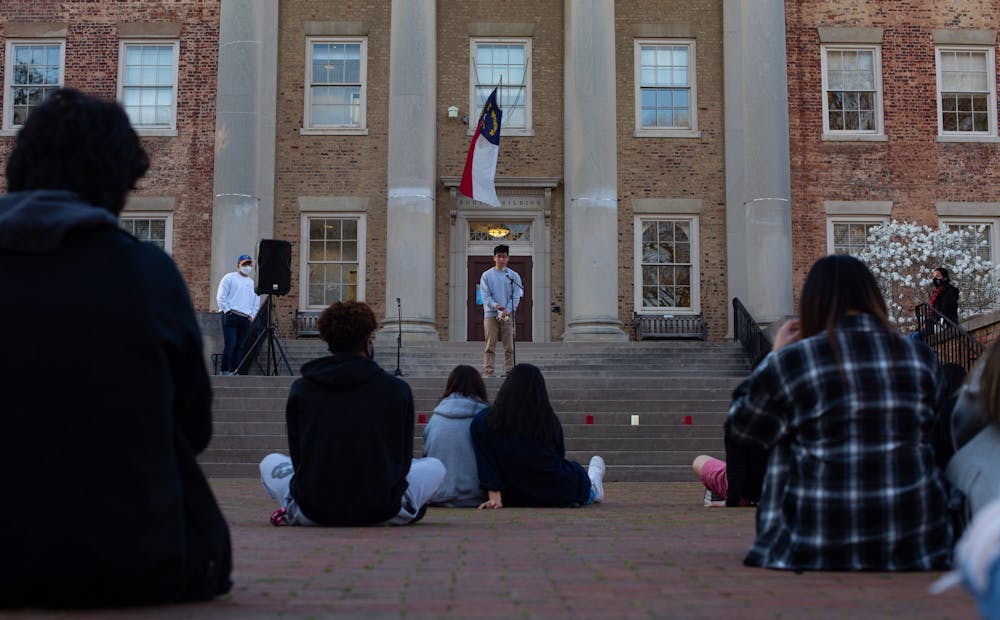Last week, a white man shot and killed eight people at three massage parlors in the Atlanta area. Six of the victims were women of Asian descent. The incident highlights the nation's long history of racism and misogyny against Asian women, who are frequently dehumanized, hypersexualized and fetishized in American society.
According to law enforcement, the killings weren’t “racially motivated,” but rather the result of a “sexual addiction.” However, for many women of color — especially Asian American women — racism and sexism are intertwined.
The shooting in Atlanta was not an isolated event — Anti-Asian discrimination and violence has increased significantly since the beginning of the COVID-19 pandemic. A recent report from Stop AAPI Hate documented at least 3,795 hate incidents against Asian Americans in the past year alone.
Notably, the report found that women are 2.3 times more likely to report experiencing such attacks and harassment than men.
But anti-Asian violence didn’t begin with the pandemic, even if it has increased since. From the Chinese Exclusion Act of 1882 to Japanese internment during World War II, the U.S. has historically mistreated Asian American and Pacific Islander communities.
These incidents happen everywhere, even in supposedly progressive towns like Chapel Hill. In a recent LinkedIn post, Kane Ma, a former men’s basketball player, detailed a racist attack that left him hospitalized with a skull fracture in March 2019.
According to the latest FBI data, more than 200 hate crimes occurred in North Carolina in 2019. However, this number likely doesn't reflect the true number of hate crimes that occurred statewide — North Carolina is one of 17 states that does not require data collection on hate crimes.
The Atlanta shooting has led to a push for tougher hate crime laws in many U.S. states, including here in North Carolina.
North Carolina’s insufficient hate crime legislation was evident in the wake of the 2015 murders of three Muslim students in Chapel Hill: Deah Barakat, Yusor Abu-Salha and Razan Abu-Salha. Although the killings were motivated by Islamophobia, the local authorities could not prosecute them that way, because North Carolina’s hate crime law does not apply to felonies.




